Coronavirus Outbreak: Would You Be Selfish or Selfless?
If you have been closely following the news about the novel coronavirus (2019-nCoV) outbreak, you would be familiar with the name Dr Li Wen Liang.
Last Friday (6 Feb), the 34-year-old whistleblower Chinese doctor, who was one of the first to warn about the outbreak last December, died after he was infected with the virus himself.
His death triggered a massive outpouring of grief across the world, as well as anger towards the Chinese authorities, with many recalling how he had initially been silenced and reprimanded for spreading “illegal and false” information, and was forced by the police to acknowledge that he was at fault.
Dr Li represents one of over 1,000 individuals who have lost their lives to the virus, which has infected 42,000 people across some 28 countries to date. Over the past few days, Dr Li has been hailed as a “martyr”, as well as a “hero who told the truth” for raising the alarm about the virus.
Vigils have been held for the ophthalmologist across China—and even in Hong Kong—and an image that shows the message “Farewell Li Wenliang” etched into snow on a riverbank in China, has since gone viral.
Even in my country, Singapore, which is 3,400km away from the epicenter of the outbreak, news about his dedication and death inundated my social media feed and messaging platforms all weekend.I also heard his name mentioned repeatedly over different conversations, along with expressions of sadness. Their sentiments were perhaps best captured in a wry remark one of my friends had made about the situation in China: “It’s so sad! He was the one person I was actually rooting for to stay alive.”
But out of all the news that had been circulating on Dr Li, what stood out for me was what he said in an interview with a Times researcher just over a week ago (Jan 31 and Feb 1), where he had still been hopeful that he would eventually recover. Dr Li said that he would “join medical workers in fighting the epidemic. That’s where my responsibilities lie.”
His courage and determination to serve others, even at the risk of his own life, stood in sharp contrast to another piece of news that has been trending this weekend—panic-buying of groceries in my home country after the government raised its disease outbreak response of the situation to orange, the second highest level. (This means that the disease is deemed severe and spreads easily, but isn’t widespread and is still being contained.)
To read news that my fellow countrymen had cleared the supermarket shelves of essential items like rice, noodles, and toilet paper over fears that the government would lockdown the country like what happened in Wuhan, was laughable . . . and embarrassing.
Sure, I, too, have been a little unnerved by news that there is now local transmission of the virus, and have started taking pre-emptive steps to wash my hands regularly, cancel appointments, and avoid crowded places—but the frantic hoarding of items seemed a little uncalled for.
I also knew of friends who were frustrated because they were actually in need of baby diapers as well as toilet paper but found themselves stuck since those items were out of stock in their local supermarkets. And then there was also news that some shoppers who had filled their baskets with items ended up abandoning them and leaving after seeing the snaking queues.
Having said that, it’s easy to point fingers at others and criticize their actions in times like these. But perhaps what may be more useful is to consider our own response in the face of a crisis, and whether we are putting others first (like the Chinese doctor) or attending to our own needs first (like the shoppers).
As unfortunate and untimely as this coronavirus outbreak is, it’s crises like these that present us as believers with the excellent opportunity to step out and show the love and grace of Christ—even if it comes at our own expense.Here are three ways we can do that:
1. Instead of complaining about those who have hoarded resources, let’s contribute our resources to others who are in need.
I was heartened to hear about how a mutual friend immediately reached out to that friend of mine who was running low on diapers for his baby to offer him supplies when he read of my friend’s situation on Facebook.
2. Instead of criticizing those in the frontline who are trying their best to tackle and control the situation, let’s commit them to prayer and ask for God’s wisdom and grace to be shown to them.
Another friend of mine sent me a photograph of her church service last Sunday, which showed the congregation praying for and laying hands for all those in her church who were in the healthcare sector.
3. Instead of circulating information that might stoke xenophobic and critical sentiments, let’s communicate carefully, making sure that what we share is true, edifying, and encouraging to those around us.
One of the things that has encouraged me over the past few days was seeing many friends share inspiring messages, urging each other to be thankful, kind, and thoughtful towards one another in the midst of this epidemic.
Of course, there’s nothing wrong in praying that God will be gracious to contain this situation—but let’s not just stop at that. In the midst of this climate of chaos and confusion, let’s pray for opportunities to captivate the world by our conduct, so that ultimately, Christ would be the one who is glorified (1 Corinthians 10:31)

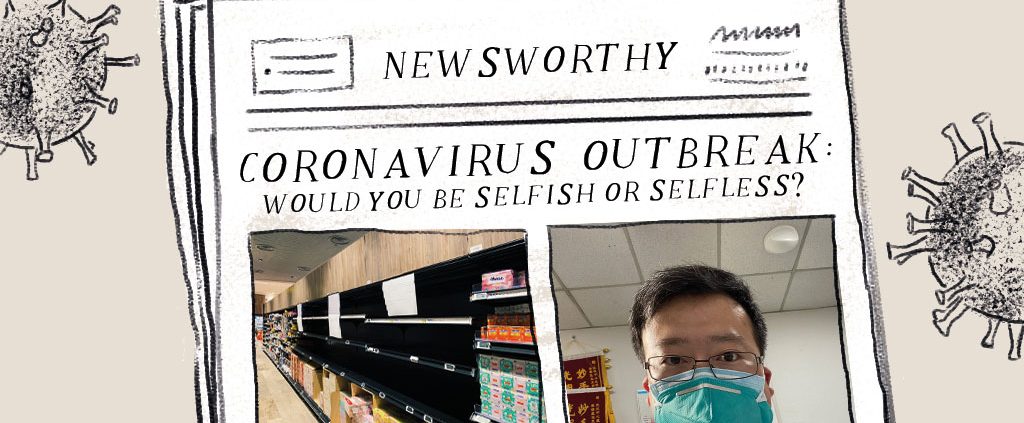
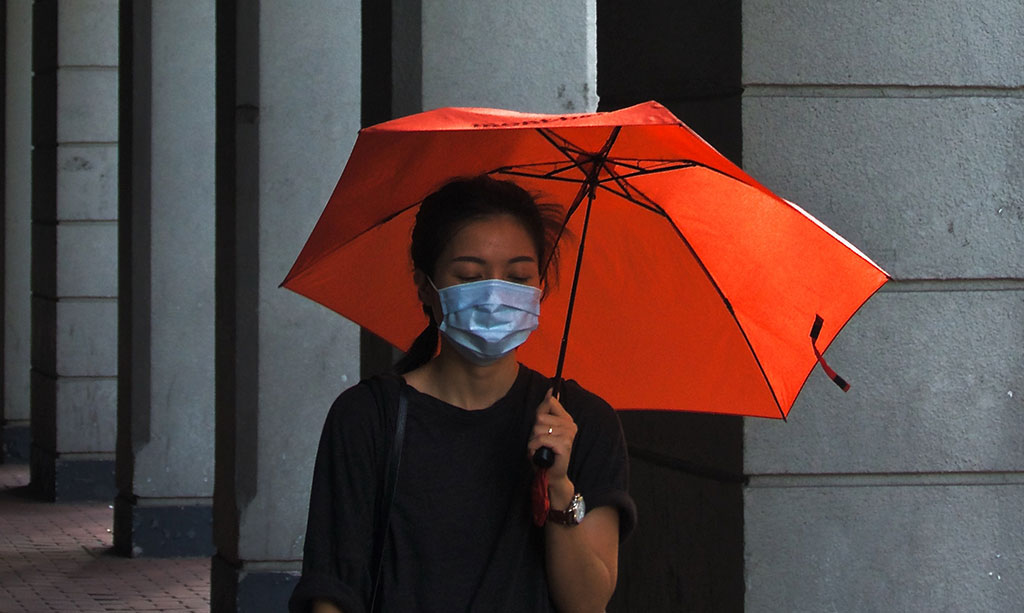
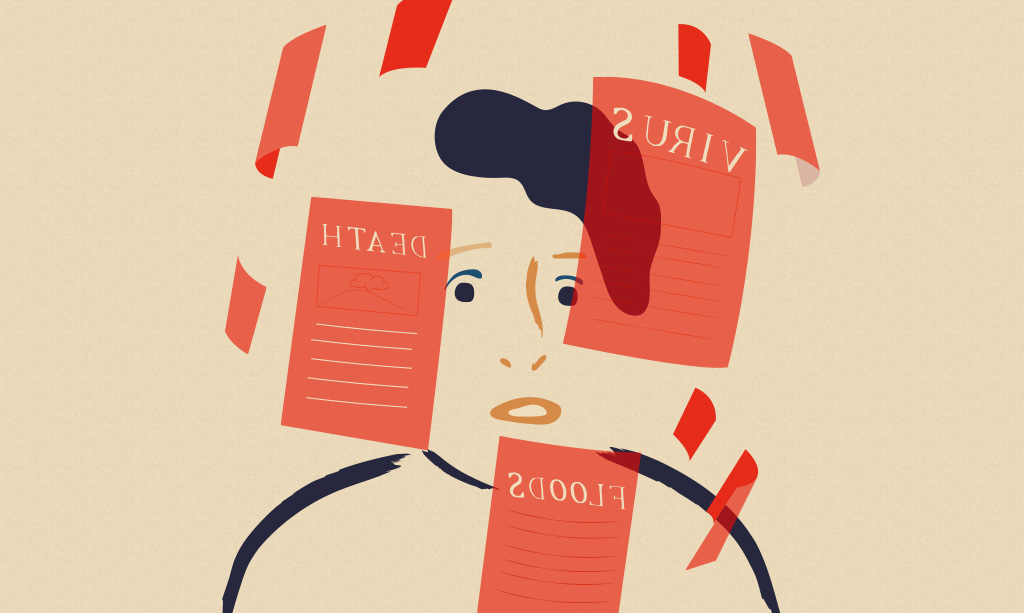


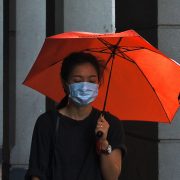





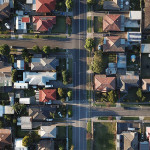
Trackbacks & Pingbacks
[…] Credit […]
Leave a Reply
Want to join the discussion?Feel free to contribute!